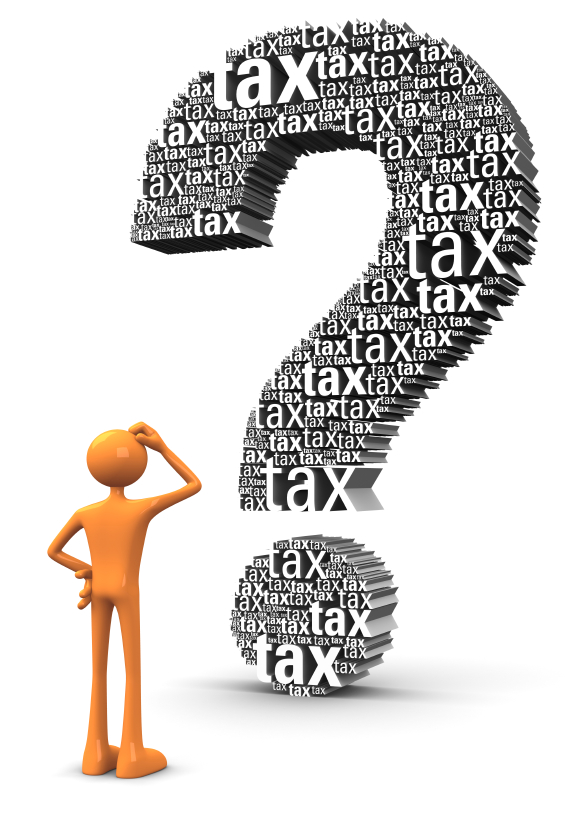
Unlike a self directed IRA, when a Solo 401K Plan uses non-recourse financing to purchase real estate that is leveraged, it is exempt from the UBTI (Unrelated Business Taxable Income) tax on the income or gain generated.
When an IRA purchases real estate that is leveraged with mortgage financing, it creates Unrelated Debt Financed Income (a type of Unrelated Business Taxable Income) on which taxes ought to be paid. A Solo 401K plan is exempt from UDFI according to IRC Section 514(c)(9).
Debt-financed property refers to borrowing money to buy real estate. In such cases, only the income attributable to the financed portion of the property is taxed; gain on the profit from the sale of the leveraged assets is also subject to Unrelated Debt Finance Income tax (except if the balance is paid off more than twelve months before the property is disposed).
For the year 2015 Unrelated Business Income Tax rates are almost 40%. Real estate investors can realize significant tax benefits by utilizing self-directed Solo 401k plan, which is considered a Qualified Plan instead of self-directed IRA.
Solo 401k and UBTI Exemption: What are the Reasons?
When Internal Revenue Code Section 514(c)(9) was first passed in 1980, it applied only to qualified pension, profit sharing, and stock bonus plans, but its scope was broadened in 1984 to include schools, colleges, and universities. The terms brings the history of Internal Revenue Code Section 514 to completion by exempting some organizations, such as 401(k) Qualified Plan, from tax on income from the very sort of leveraged real estate deals that forced the passing of the ancestor of Internal Revenue Code Section 514 in 1950.

